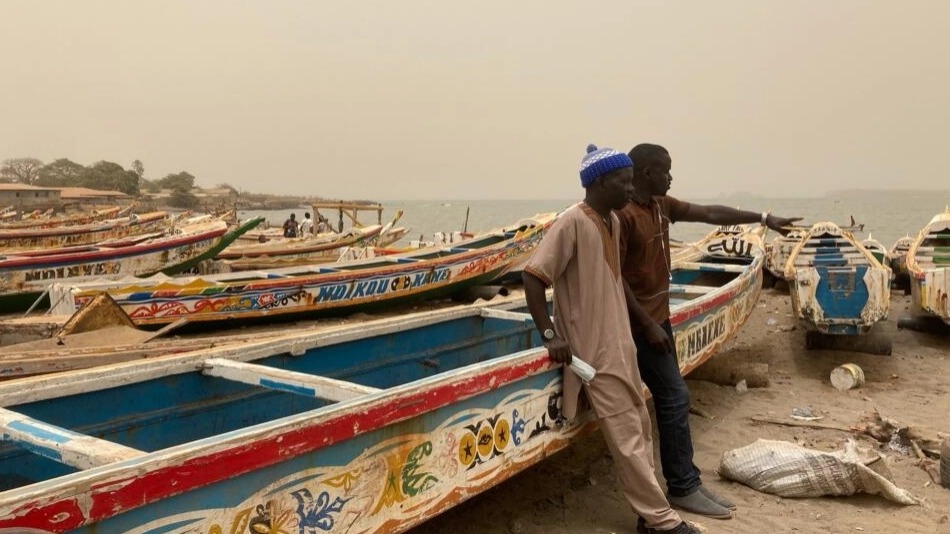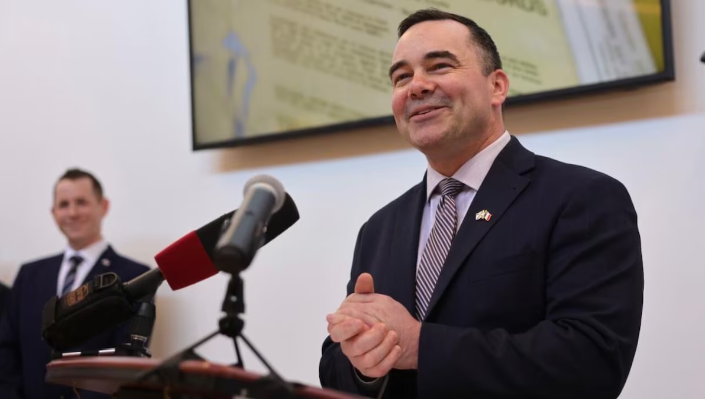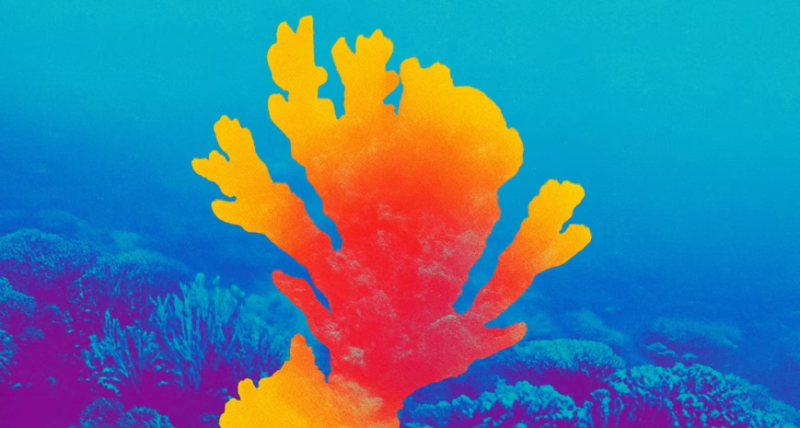The fishing sector was a major theme of the presidential campaign in Senegal. The audit of the Senegalese pavilion is one of the main points of the program of the new president, Bassirou Diomaye Faye, while fishing resources are becoming scarce and related tensions are increasing. There are always more boats and Senegalese interests are not always there.
By law, boats must be at least half-owned by Senegalese capital. However, the reality behind it is often very different; the Senegalese owner regularly acts as a nominee, reveals a recent report from EJF (Environmental Justice Foundation). “There are Europeans and more and more Chinese and Turks who benefit from licenses of course, with complicity,” explains Bassirou Diarra, teacher-researcher at Cheikh Anta Diop University and advocacy officer for EJF.
Bassirou Diarra has been working on these themes for more than 30 years. “There is a lack of transparency. The listing of authorized vessels, which was a tool in the fight against illegal fishing – because we know who is fishing or how; it is shared, everyone can see it, but since 2019, the listing is a confidential document,” he explains.
Unrespected fishing zones
Another problem, conflicts at sea. Today, no dedicated coast guard, but an issue managed by the National Navy. “There are a lot of conflicts between artisanal fishing and industrial fishing,” explains Dr Aliou Bâ, ocean campaigner at Greenpeace. Quite simply because industrial fishing sometimes descends into areas where artisanal fishing is found. »
During the campaign, many candidates promised to increase the artisanal fishing activity zone to 12 miles to help relieve pressure on artisanal fishermen and allow the regeneration of resources. “Sometimes, we detect vessels that come to fish illegally. Moreover, last February, we detected a ship flying the Russian flag, a fishing vessel with a capacity of 2,000 tonnes which had come and which was active for two weeks in Senegalese waters. So these are situations that happen very often,” adds Dr Bâ.
Currencies that escape
Overexploitation of resources which negatively impacts artisanal fishing and drives up prices on local markets. Intensive fishing which brings little in Senegal, also regrets Bassirou Diarra. For him, the problem comes from political choices. “Instead of doing management, we did production. I think we need to refocus and return to sustainable management options and by domiciling local added values. We can no longer take fish from Senegal, go and sell it to seek foreign currency which may not come back,” he says. It is based on a note from the BCEAO: “They say that the fishing sector is still a sector which has a very low rate of foreign currency repatriation. This means that there is tax evasion. »
Expanding the area reserved for artisanal fishing, auditing the Senegalese flag and strengthening the maritime surveillance system are among Bassirou Diomaye Faye’s campaign promises. The two experts agree on the need for an ambitious policy for the sector and, for this, the need to devote more human and financial resources.




